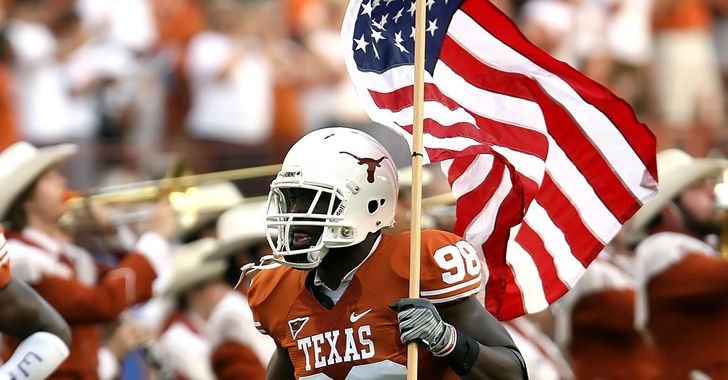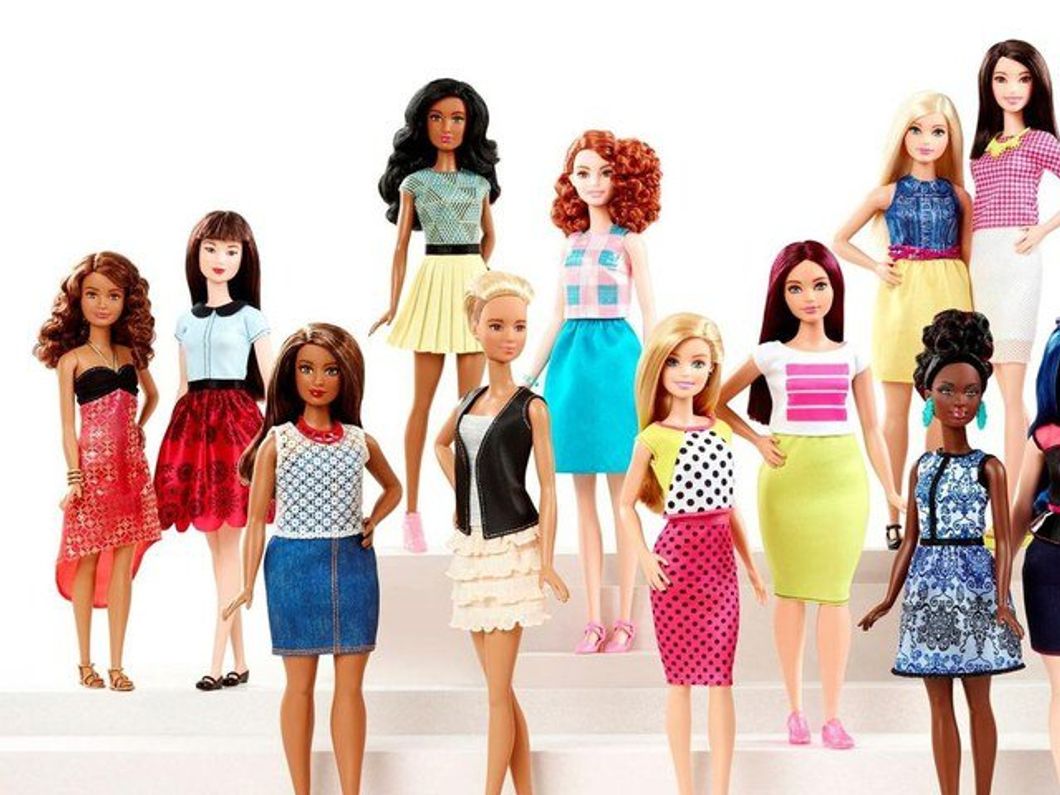As the protests in Hong Kong continue and a new (but related) form of resistance springs up against entertainment corporation Blizzard Entertainment, which suspended a player for voicing his support of Hong Kong. As we learn more and more of China's horrific human rights violations, a lot of us are wondering what tangible contribution we can make to the movements.
Here are some companies that are either owned by Chinese companies (either in full or who have Chinese companies as shareholders) or have their products made in China. These companies may also profit from forced labor in Xinjiang. Protest with your money.
1. Apple
Apple's iPhones are still being made in Chinese factories even though they don't need to be. While smartphones are becoming more and more of a necessity in the digital age, it's important to remember that we don't need to sacrifice our morals for the newest tech.
2. TikTok
TikTok is a massive video-sharing platform, which seems to have filled the hole Vine left behind. Recently, Tiktok's guidelines were changed by their parent company Bytedance, heavily censoring LGBTQ content posted on the platform. This is a discriminatory policy, one American's shouldn't be OK with regardless, but Bytedance is also a heavy-hitting Chinese entertainment company whose morals are leaking into popular apps used by American youth.
3. Riot Games
Riot Games is yet another giant of the video game industry, owners of League of Legends. After the controversy regarding Blizzard's suspension of a player for vocally supporting Hong Kong, Riot Games advised its players to stay away from sensitive topics. So it's certainly not a surprise to find out that Riot Games is owned by Chinese media company Tencent.
4. Walmart
Walmart has been accused of mistreating its American workers, so it's not a surprise that it's been accused of treating its Chinese labor force with no care as well. In both countries, Walmart profits off of the misery of human beings who are struggling to survive. They make the list not only for their connection to China but for disregarding human dignity on their home turf.
5. Procter and Gamble
Procter and Gamble earns its spot as the final item on the list because it is the most insidious and perhaps, the most difficult, to boycott. Procter and Gamble produce much of the United States' soap, shampoo, and fabric care products in the United States, according to their claim. But many materials and parts of bottles and other minute details, are made in Chinese factories and imported. Because of their monopoly on household products, they can be difficult to avoid. But consumers have the right to know who made their products, and how they were made.

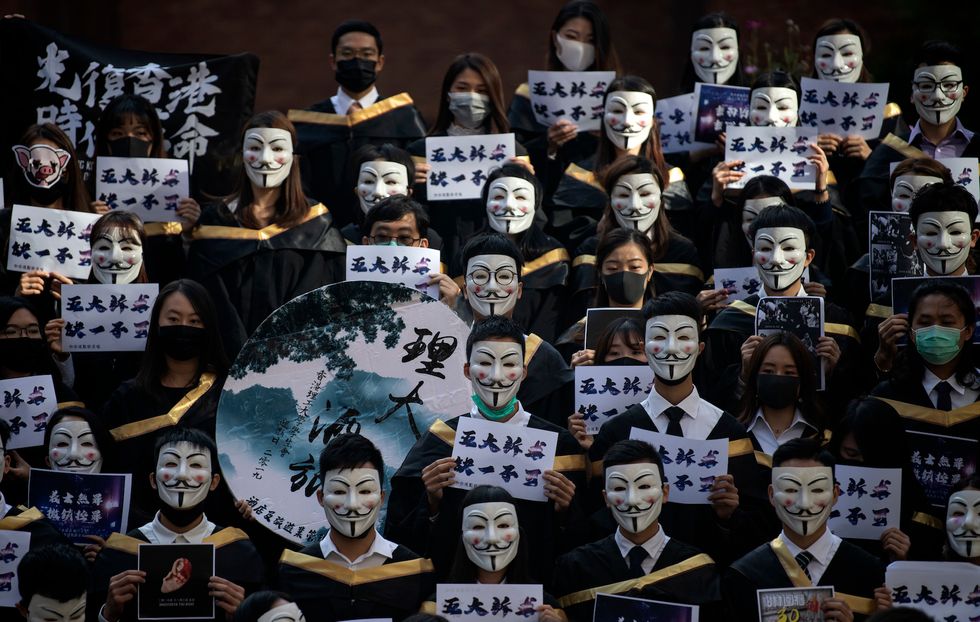


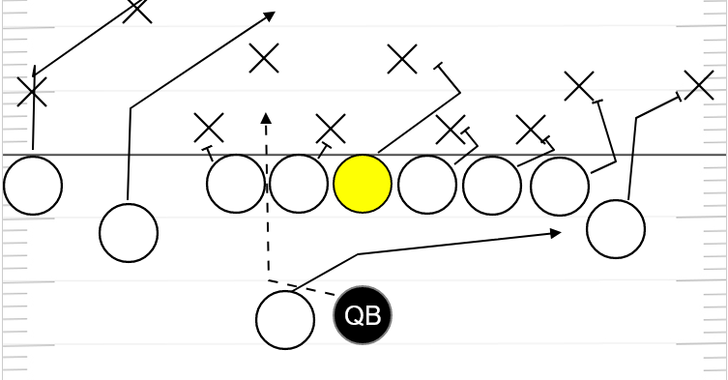

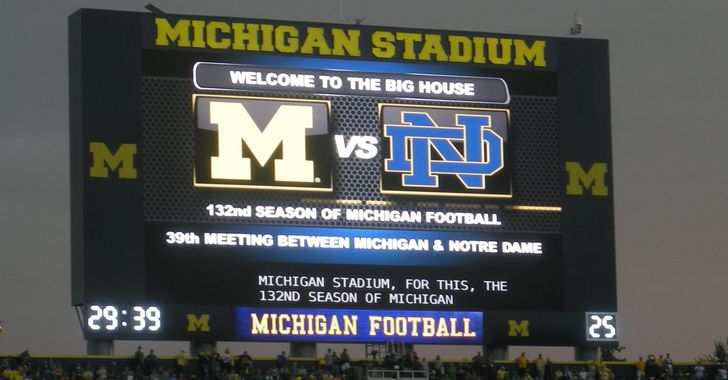
 Photo by
Photo by 